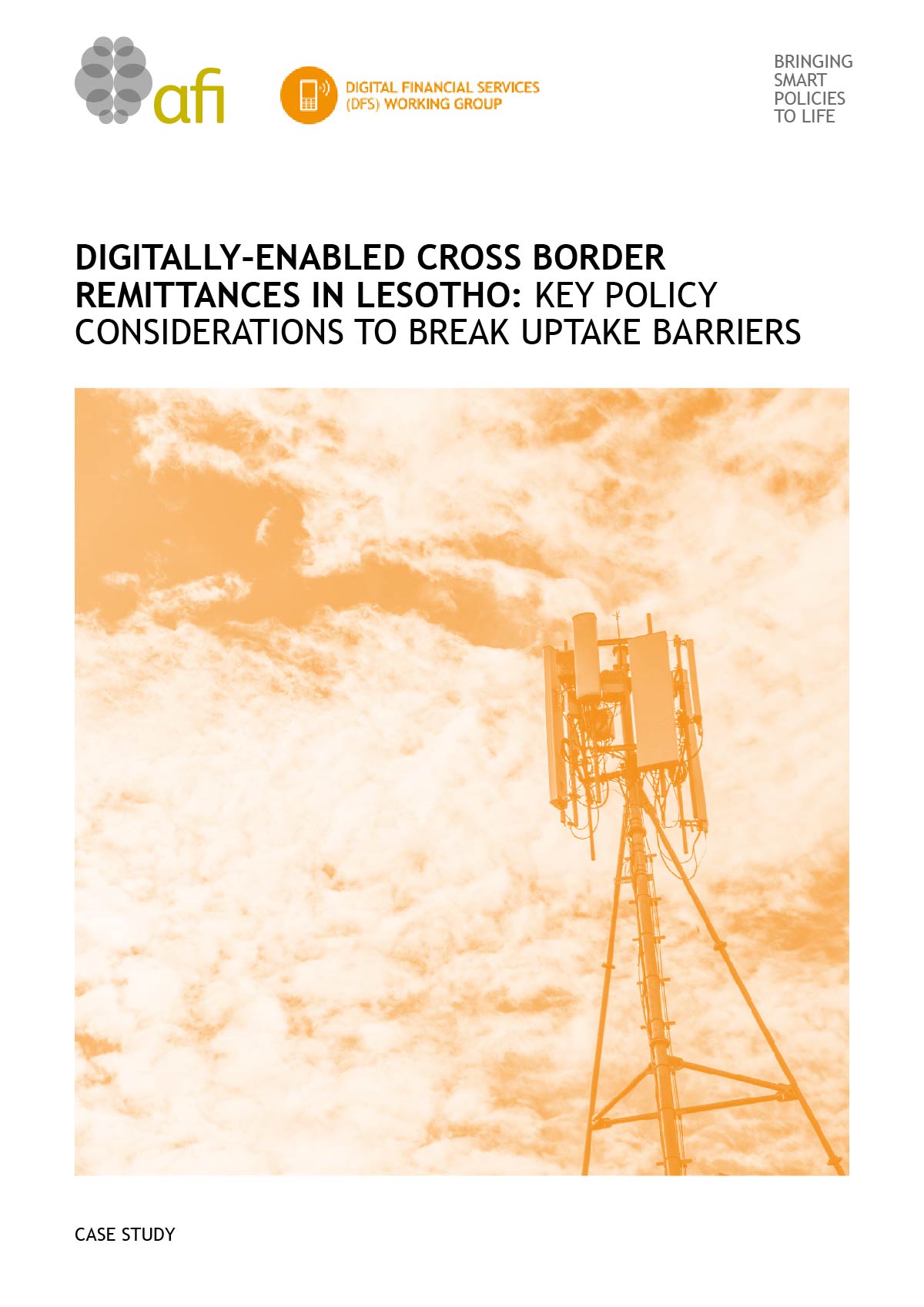Only a small portion of inward remittances in Lesotho are processed via formal remittance services, with the bulk going through informal channels — unsafe and inefficient.
The market faces numerous challenges, including: a high preference for cash; the limited number of access points and agent networks outside of urban areas; and inefficient interoperability between the commercial banks and mobile network operators, as well as between mobile network operators themselves.
This case study argues that the authorities in Lesotho should enhance the payment systems infrastructure, harmonize the legal and regulatory framework, enhance financial literacy, and encourage remittance service providers to be more active in the remittance market.
View the case study to learn more.

 About
About
 Online
Online
 Data
Data




















